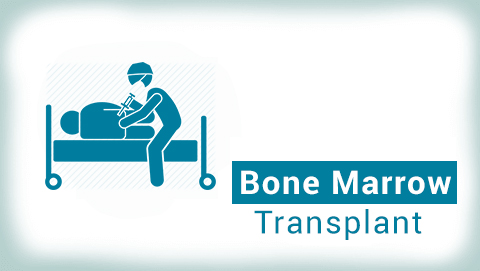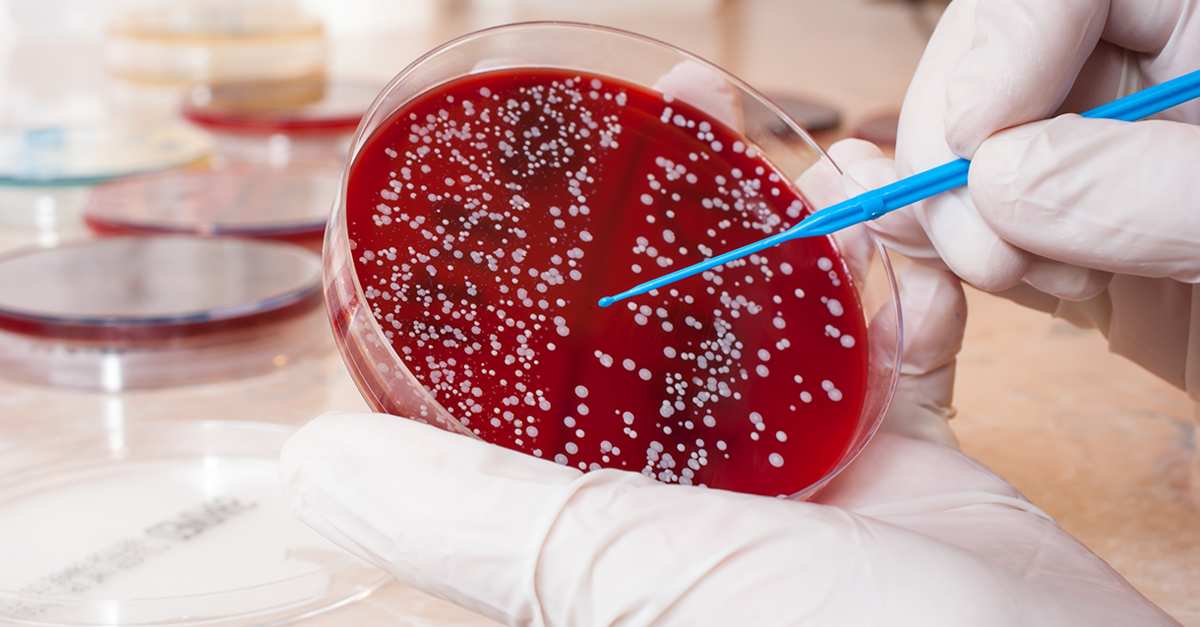Blood cancer is a complicated disease from diagnosis, treatment and prognosis point of view, a careful review by the expert oncologist is needed to tackle the deadly disease. Affordable bone marrow transplants in India are giving a new ray of hope to blood cancer patients across the globe.
Overview
Do you know about bone marrow transplant treatment for blood cancer? The term bone marrow transplant or BMT refers to replacing the infected cancer cells in bone marrow with healthy cells harvested from patient or a donor. Also known as stem cell transplant or hematopoietic stem cell transplant, BMT is a useful procedure that helps cure some forms of cancer such as blood cancer, lymphoma, myeloma and various other disorder related to immune system and blood diseases, which may affect the bone marrow.
Most of the blood cancers or hematologic cancers develop in the bone marrow that is responsible for formation and regulation of blood cells. Each type of blood cancer has different signs, treatment alternatives and prognoses. Various forms of blood cancers include:
- Leukaemia
- Myeloma
- Lymphoma
- Myeloproliferative neoplasms (MPN)
- Myelodysplastic syndromes (MDS)
Important points to know about bone marrow transplant

Blood cancer diagnosis, treatment, prognosis, counseling and aftercare play a key role in handling the deadly disease. It is important to know various aspects of BMT and entire process before undergoing a specific treatment.
Here are few important points, a patient need to know about BMT:
- Treatment for blood cancer involving BMT : Blood cancer can be treated with a range of therapies or combination therapies which targets infected cells present in blood stream and bone marrow. Radiotherapy and chemotherapy are often combined with BMT to cure blood cancer. The choice of therapy and combination therapy depend upon several factors such as disease stage, patient’s general health and disease profile.
- Why does a blood cancer patient need BMT? : Often cancer treatment requires administration of heavy dosages of radiation therapy or chemotherapy, which may have adverse side effects on bone marrow where blood cells are produced. Objective of a BMT is to inject the patient’s bone marrow and body with healthy cells after chemotherapy or radiation therapy. On successful bone marrow transplantation the bone marrow will be able to generate new blood cells. Even in few cases, the newly formed cells are able to attract and destroy the remaining cancerous cells after radiation and chemotherapy.
- Stem cells types and characteristics : Stem cells can divide and create new type of blood cells such as RBCs to transport the blood oxygen, WBCs to fight infections and platelets for blood clotting properties. Most of these stem cells are present in bone marrow while other stem cells known as peripheral blood stem cells found in blood stream. Both kinds of blood stem cells are suitable for treatment of cancer.
- Right candidate for BMT : Bone marrow transplant is considered as a life saving modality, however selecting a right candidate for BMT is a tedious job. Several factors are taken into account for bone marrow transplant such as patient’s overall health, stage of blood cancer, diagnosis and history of disease and treatments. Besides, doctor will also explain potential risks and benefits of BMT to the patient.
- Please note:*BMT is useful only treating specific forms of cancer like blood cancer and not a general modality for cancer treatment like chemo, radiation or surgery.
- Cell harvesting for BMT : For BMT blood cells can be harvested from bone marrow or peripheral blood cells, which could be from patient body itself or a matching donor. Based on cell harvesting BMT can be categorized into:
- Autologous transplant refers to harvesting the blood cells from patient’s body before he/she receives any cancer treatment like radiotherapy or chemotherapy. These healthy cells are preserved and transplanted into the bone marrow after treatment.
- Allogenic transplant is a procedure of harvesting blood cells from a matching healthy donor, preferably a sibling of the patient. A matching donor will need to undergo HLA or human leukocyte antigen testing of blood sample. A donor is termed as perfect match if cell type is pure identical to the patient and such a transplant is known as syngeneic transplant.*In case a donor match is not available then blood cells are harvested from preserved umbilical cord at the time of childbirth. In this type of BMT, blood cells are harvested from umbilical cord, which is widely used across the globe for BMT.
- How BMT works? : Harvested blood cells from any of the above mentioned sources are thawed and injected using an IV tube. The entire procedure is painless and takes around two to five hours. The infused blood cells enter the bone marrow and after some time begin to form new blood cells naturally. After receiving the BMT, the patient needs to stay in isolation for some time, which depends on his overall health and blood count.
- Risk factors associated with BMT : During BMT treatment, major risks are due to radiotherapy or chemotherapy received prior to the stem cell transplant, as bone marrow is destroyed causing irregular bleeding and infections. Before resuming normal blood cell production in bone marrow, patient may experience some temporary side effects such as hair loss, mouth sores, fatigue and nausea.
- Blood cancer BMT success rate and life expectancy : Patients, who are in first remission, showed an overall survival rate of 63% and 48% in case of unrelated and related donor, respectively. The survival rate for bone marrow transplant for 62% patients was around one year, for 89% was beyond one year, and for 98.5% was for six to seven years.
- Recovery period after BMT for blood cancer : In general, patient may recover in around 90 days that can vary with patient’s health and choice of treatment. The actual recovery time is required for cell growth. For blood cancer patient, recovery is a gradual process that may take time to adjust to new condition. The patient would require around two days for pre-surgical evaluation and around 30 days hospital stay for BMT, followed by three months recovery period.
Does second opinion matter?
In serious disease like blood cancer second opinion always matters to be sure about the choice of treatment. Patients’ may seek a second opinion from other oncologist and this practice is common among doctors, which is not offended by them. Blood cancer, being a complex disorder right from the diagnosis as well as treatment perspective, required to be verified prior to receiving the final diagnosis or treatment. Hence, second opinion is always good for both the doctor and the patient.
Bone marrow transplant cost in India
India is one of the most favored and trusted destination for blood cancer patients needing BMT, due to advanced medical infrastructure and expert doctors. Over the past few decades, India has successfully grown and established itself as a reputed place for bone marrow transplant to the domestic as well as global patients. The best in class medical services and care standards coupled with patient centric environment offers comfortable experience in delivering blood cancer treatment to the patients.
A dedicated network of healthcare service agencies, empaneled with best hospitals across India having world-class expertise in cancer care and bone marrow transplantation, assist foreign patients in every aspect of care. A bone marrow transplant costs around US$ 15,000-24,500 for autologous BMT and about US$ 25,000 – 37,500 USD for allogeneic BMT in India.




